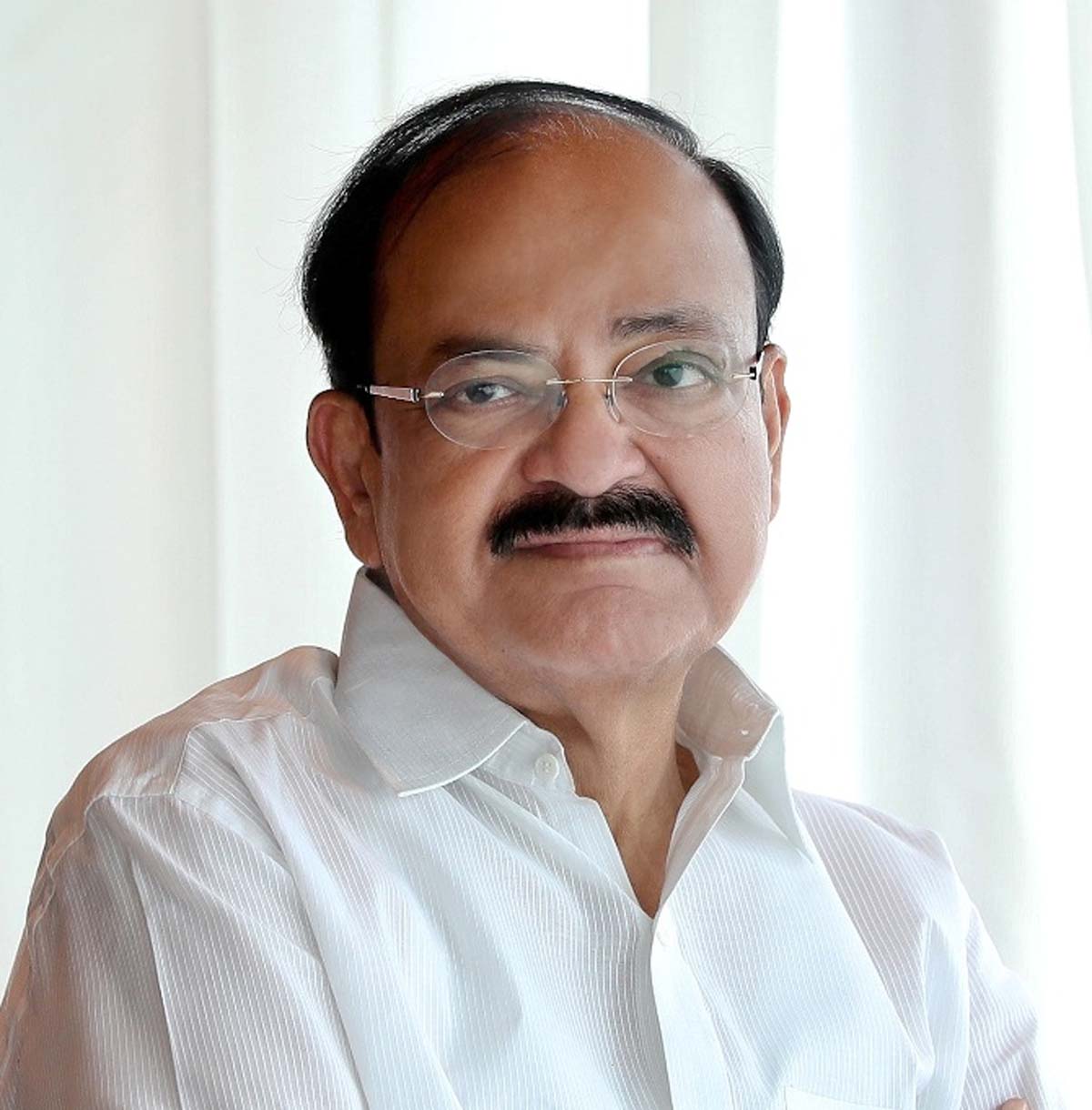BHUBANESWAR, Apr 3: Vice President M Venkaiah Naidu today appealed to the students to nurture passion, perseverance, competencies and an open mind to learn.
“These are important throughout the life and these attributes will guide you throughout your lives,” Mr Naidu said while addressing the 50th convocation of Utkal University, the premier university of Odisha.
He said the New Education Policy focuses primarily on instilling in our students this ability to “face the world with confidence”.
The aim of education is not only cognitive development but also building character and creating holistic and well-rounded individuals equipped with the key 21st-century skills.
He said “We must not forget that India has had a glorious tradition of international education”. The ancient Indian universities Takshashila, Nalanda, Vallabhi and Vikramashila had thousands of students from India and other parts of the world studying in vibrant multidisciplinary environments.
Mr Naidu said, “We should bring back this great Indian tradition to create well-rounded and innovative individuals who will have the distinctive ability to transform the country both socially and economically”.
Odisha, he said has a rich and inspiring history. This great land of Kalinga taught the lesson of peace to Emperor Ashoka who began to follow the policy of conquest through dharma (Dharma-Vijaya). The kings of Odisha played an important role in building cross-cultural links with South East Asia and the spread of Hinduism and Buddhism there.
The Kalinga Empire was also known for its glorious maritime traditions. Such was their dominance over the sea that Kalidasa in his famous work Raghuvamsa referred to the King of Kalinga as the ‘Lord of the Seas’.
The daring ocean-faring merchants of Kalinga established trade links with Srilanka, Java, Borneo, Sumatra, Baliand Burma.
The vice president appealed to the students to take inspiration from their stories and imbibe the spirit of entrepreneurship and innovation.
The university he said should equip the students with requisite skills so that they can emerge as job creators, not mere job seekers.
He reminded Odisha’s Bhaumakara dynasty which had a long succession of women rulers in the 9th -10th century. Bhaumakara queens defied patriarchal norms and ruled successfully for some 200 years.
These are the shining examples that should make every Indian proud, he said and urged upon the younger generation to read about such stories and pledge to fight against gender discrimination.
The youth should be at the forefront of fighting all social evils like casteism, communalism, corruption and violence, Mr Naidu remarked.
The vice president said the development and welfare of these tribal communities should be our priority as Odisha has a sizable tribal population and home to 62 different tribal communities who constitute 23 per cent of the state’s total population.
He said we have a lot to learn from the tribal communities who live a simple life in harmony with nature.
A study by Scheduled Castes and Scheduled Tribes Research and Training Institute (SCSTRTI) revealed that the tribal population in Odisha was largely untouched by the COVID-19 pandemic.
The unique customary practices and traditions of tribals have been credited for keeping the infection at bay. The study notes that by habit, the tribals walk mostly in rows, instead of in groups and while walking, they maintain a reasonable distance from one another.
Such safe distancing and hygiene norms, rooted in the tribal culture coupled with the natural food have helped them stay safe during the pandemic.
Mr Naidu suggested that universities should focus on these positive aspects of tribal communities and include them in their curriculum.
He urged Utkal University to take up research on issues faced by tribals and actively contribute to policy formation for their development and well-being.
On this occasion, the Vice President presented the Honoris Causa conferred by Utkal University on five eminent personalities, namely – Shri Shaktikanta Das, Governor, Reserve Bank of India, Shri Girish Chandra Murmu, Comptroller and Auditor General of India, Kumari Justice Sanju Panda, Orissa High Court, Dr Ajit Kumar Mohanty, Director, Bhabha Atomic Research Centre (BARC) and Dr Bijaya Kumar Sahoo, Advisor, Government of Odisha. (UNI)
Trending Now
E-Paper


